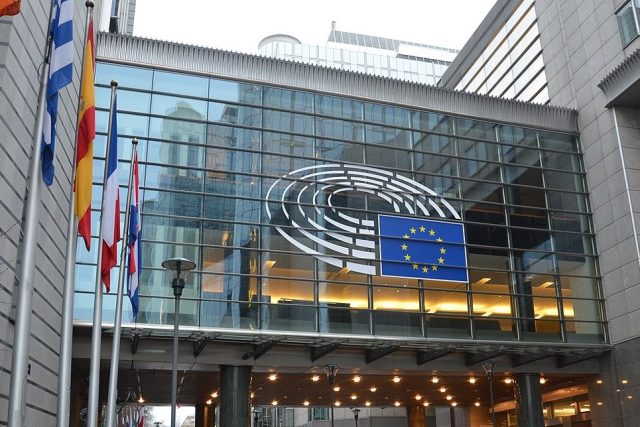The UAE has established itself as a frontrunner in the digital innovation space. However, maintaining this status requires an up to date understanding of the latest developments in financial markets across the world. One such market which has received a lot of attention is the digital asset space. Consequently, Dubai International Financial Centre (DIFC), the global financial centre in the Middle East, Africa and South Asia (MEASA) region, has enacted a Digital Assets Law as well as amended existing legislation.
The digital asset market represents a trillion-dollar asset class and the scope for future innovation and market opportunities within it are considerable. Thus far, the primary focus in many jurisdictions has been to regulate and impose enforcement-related sanctions on some of the practical applications of this asset class from a regulated financial services perspective.
However, the fundamental benefits brought about by blockchain technology, the digital assets that can be created thereby, and their application across a wide spectrum of use cases will grow and become of increasing importance in a much wider context. In this regard, the broader legal questions as to the exact nature of the legal features and consequences of digital assets has very much remained open for debate on a number of key issues.
International legal developments and judgments across the common law world have begun to provide some clarity in this regard but have not yet provided a comprehensive legal framework mapping out the full extent of the legal characteristics of a digital asset and how users and investors within this asset class may interact with digital assets and each other.
Following extensive review of the legal approaches taken to digital assets in multiple jurisdictions, and a period of public consultation in 2023, DIFC is now enacting its own Digital Assets Law.
Existing DIFC laws such as the Contracts Law, Law of Obligations, Law of Security, Law of Damages and Remedies, Trust Law and Foundations Law have also been updated through DIFC Amendment Law, No. 3 of 2024, to cater to specific issues arising in relation to this asset class.
Electronic transferable records
Updates to the Law of Obligations also provide for the use of electronic transferable records. Electronic transferable records are functionally equivalent to paper trade documents or instruments such as bills of lading, bills of exchange, promissory notes and warehouse receipts.
Recognition of such documents in electronic form facilitates greater efficiencies within cross-border digital trade by increasing the speed and security of the transmission of documentation and allowing for the automation of certain transactions through smart contracts.
Law of Security – DIFC Law No. 4 of 2024
Similarly, a great deal of innovation has taken place in secured transaction regimes internationally – particularly since the DIFC Law of Security was enacted in 2005. This includes the emergence of businesses and platforms that enable the extension of credit in, and secured or covered by, digital asset collateral arrangements, and an increasing drive to digitise international trade.
Following consideration of regimes in other jurisdictions and, in particular, UNCITRAL’s Model Law on Secured Transaction, in conjunction with the new Digital Assets Law, DIFC is repealing the 2005 Law of Security. It is replacing it with a new Law of Security to significantly amend and enhance DIFC’s securities regime.
This will align the regime with international best practices and provide clarity in relation to taking security over digital assets. In doing so, DIFC is also repealing the Financial Collateral Regulations, amalgamating the financial collateral provisions into a new chapter of the new Law of Security.




The Most Read
Сryptocurrencies
Bitcoin and Altcoins Trading Near Make-or-Break Levels
Financial crimes
Thieves targeted crypto execs and threatened their families in wide-ranging scheme
Financial crimes
Visa Warning: Hackers Ramp Up Card Stealing Attacks At Gas Stations
News
Capitalism is having an identity crisis – but it is still the best system
Uncategorized
The 73-year-old Vietnamese refugee is responsible for bringing Sriracha to American consumers
Uncategorized
Electric Truckmaker Rivian, Backed By Amazon, Ford, Raises Whopping $1.3 Billion